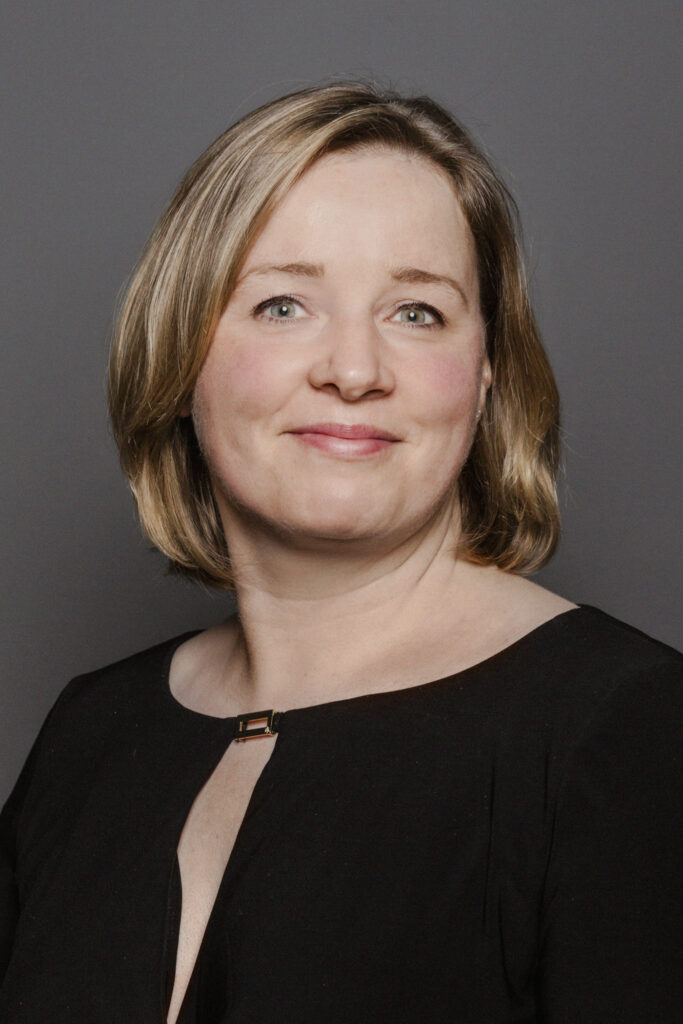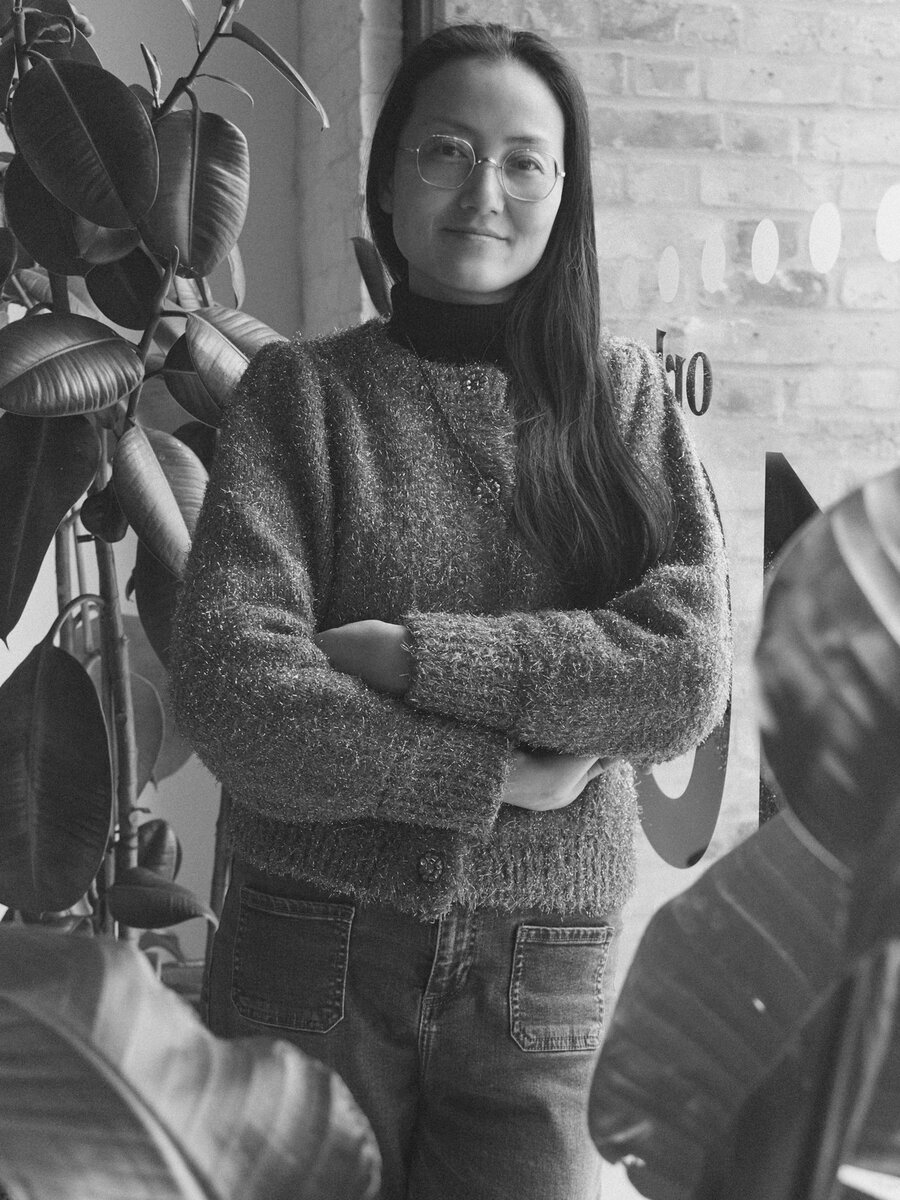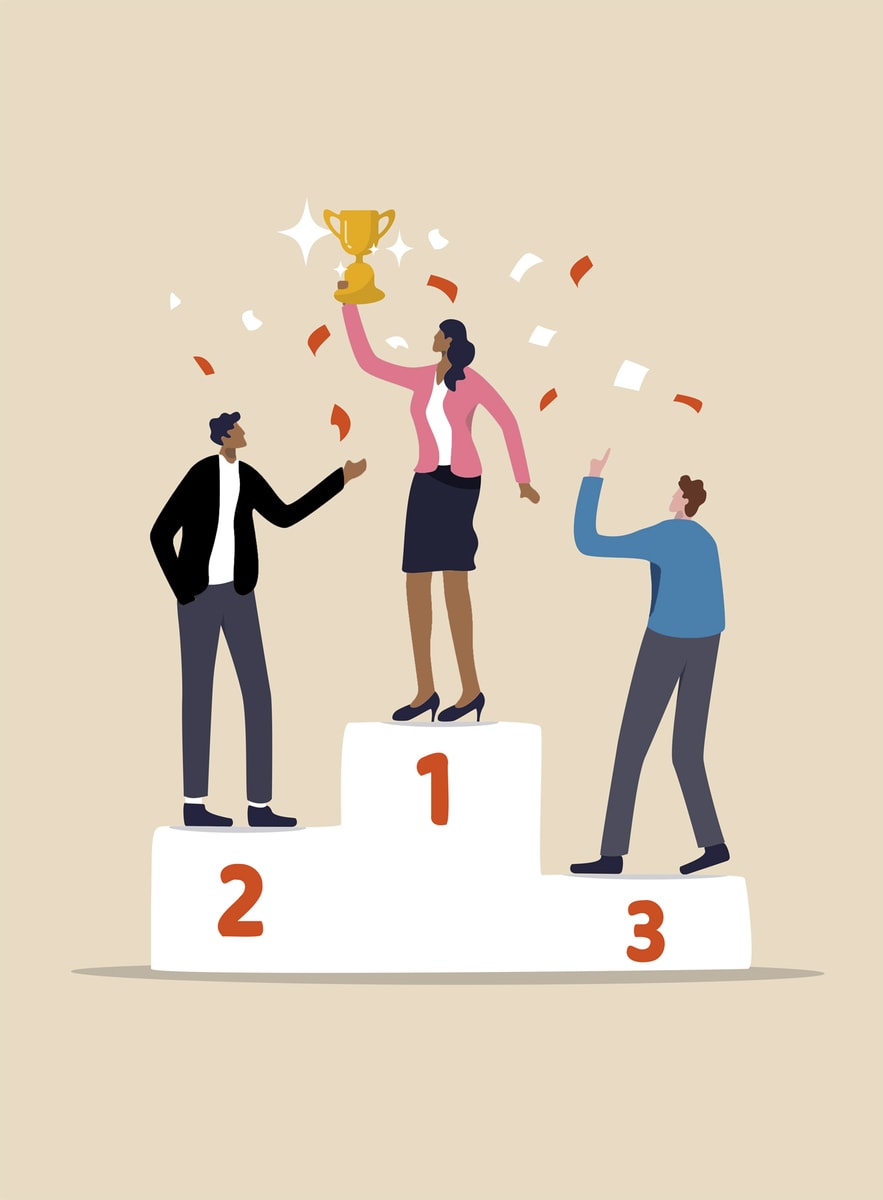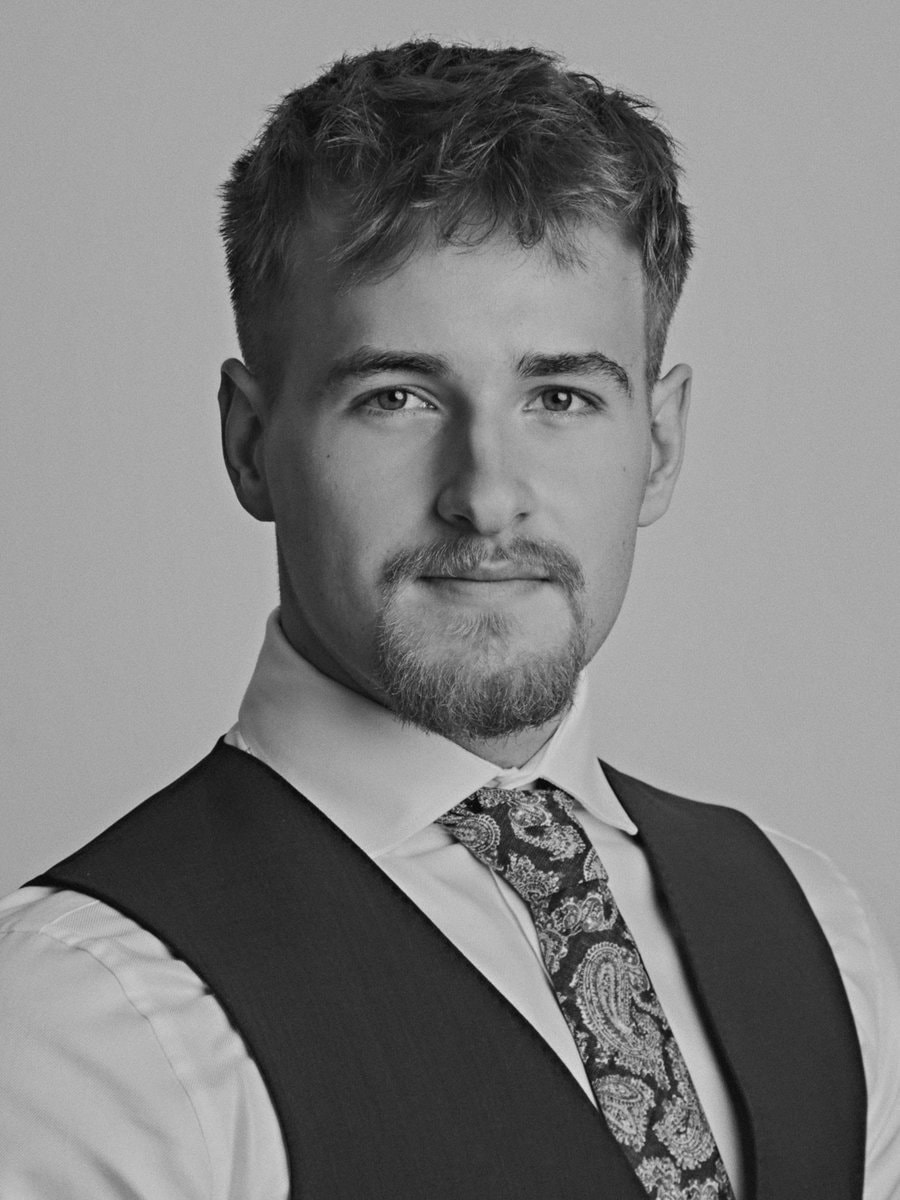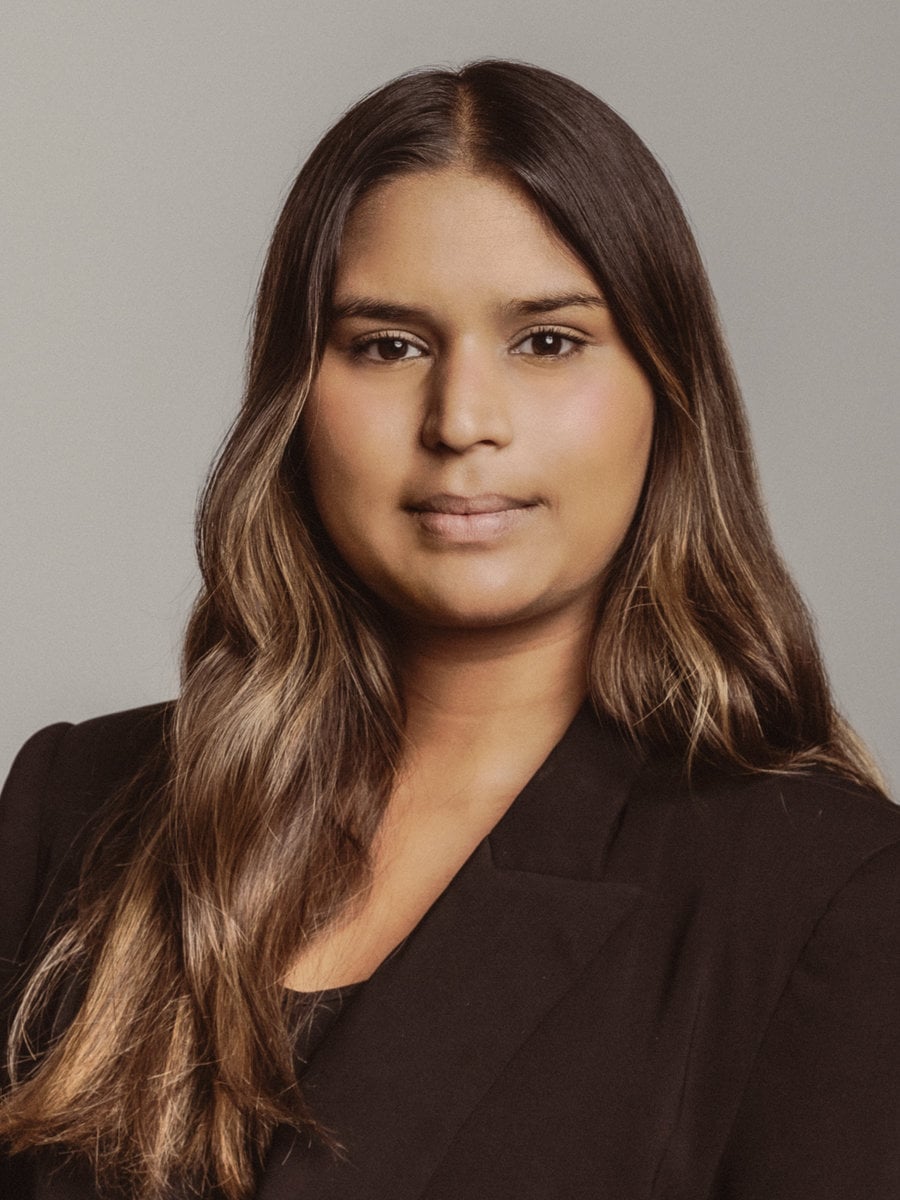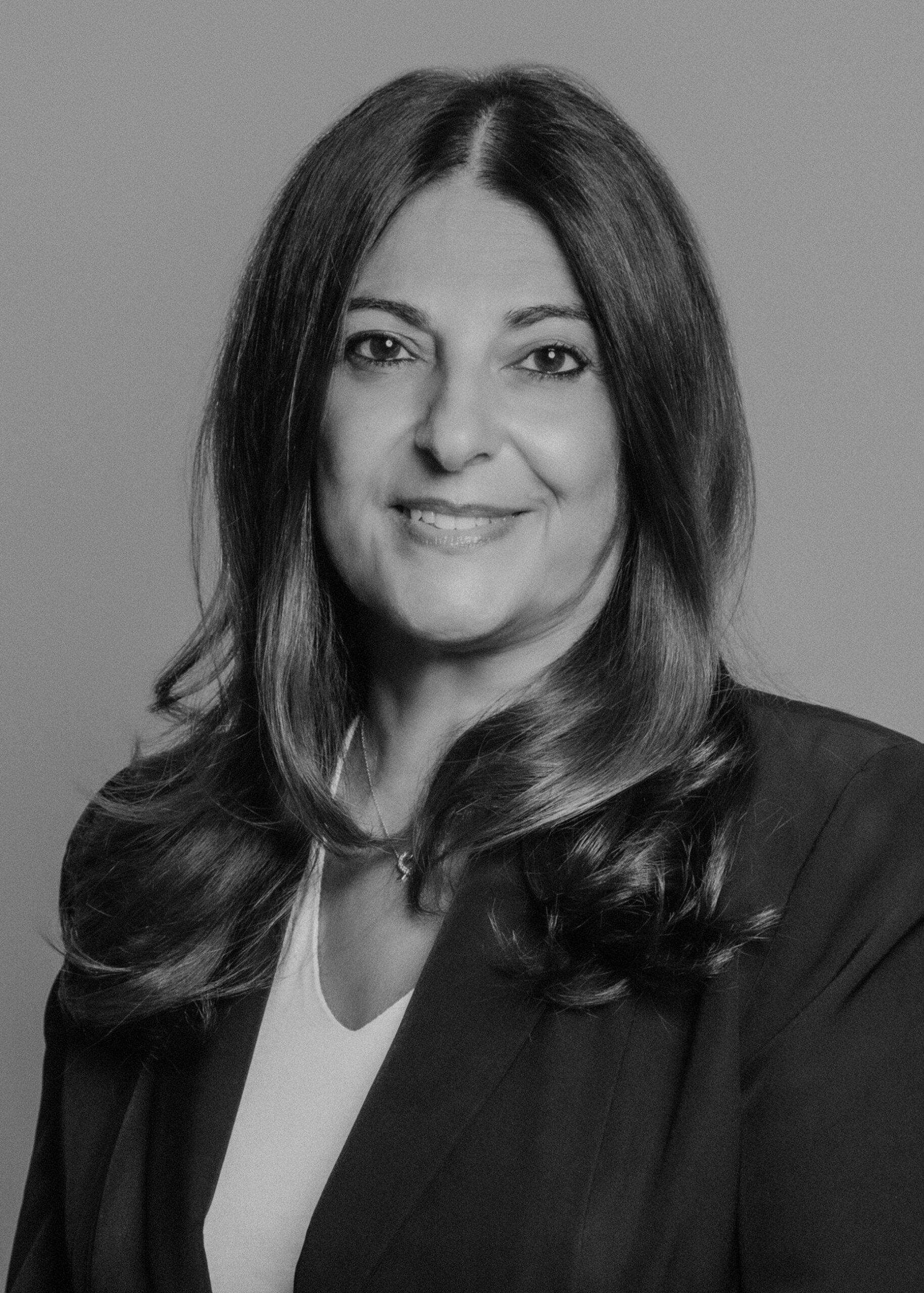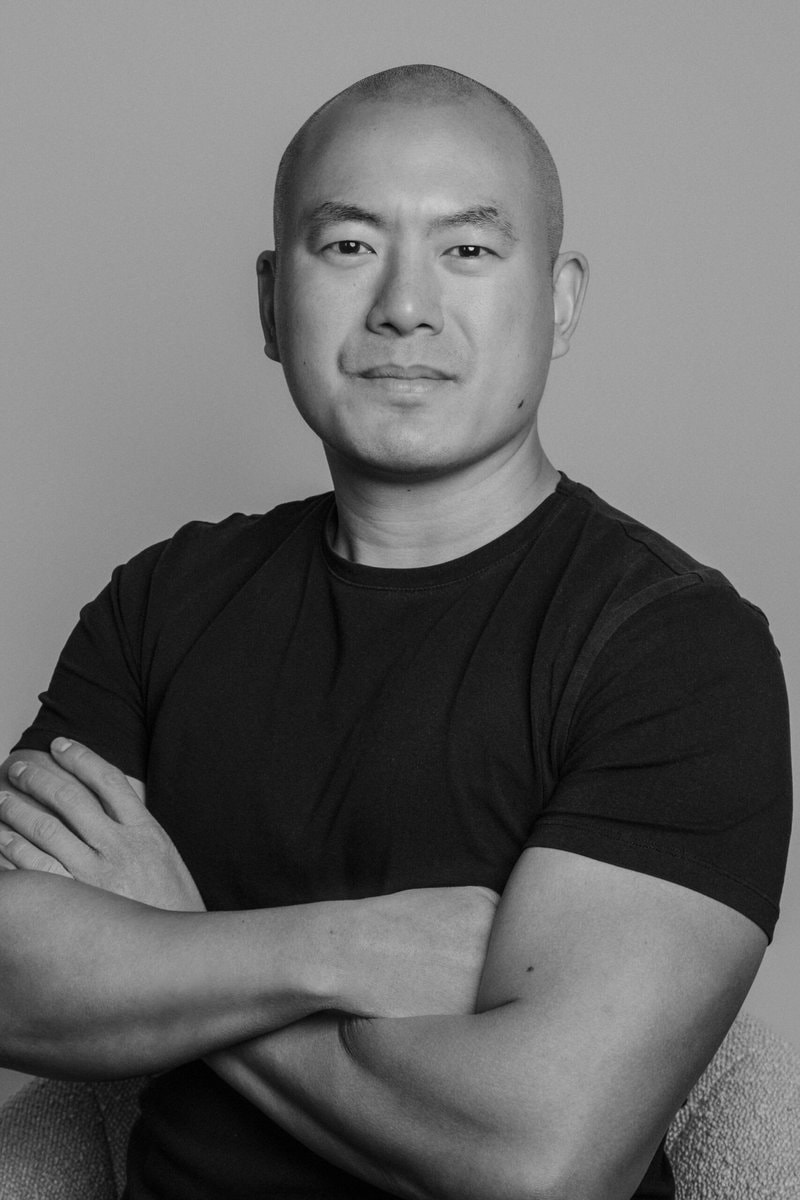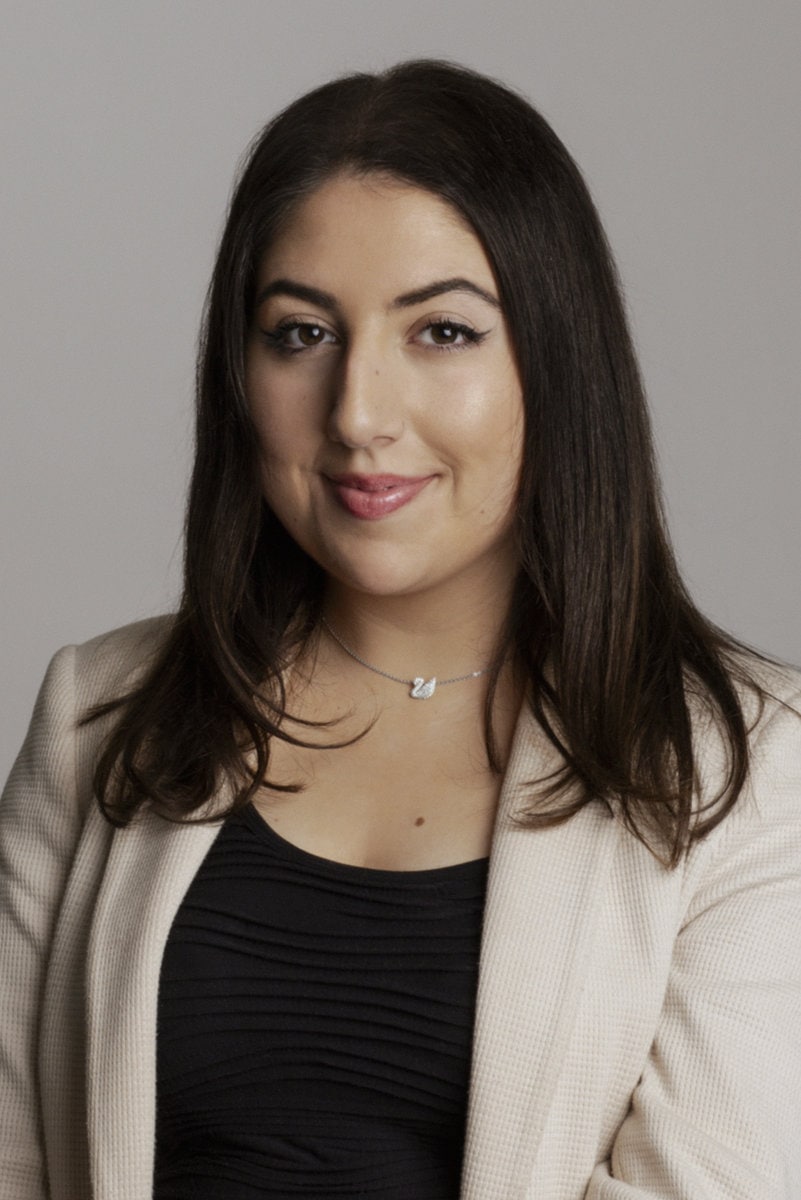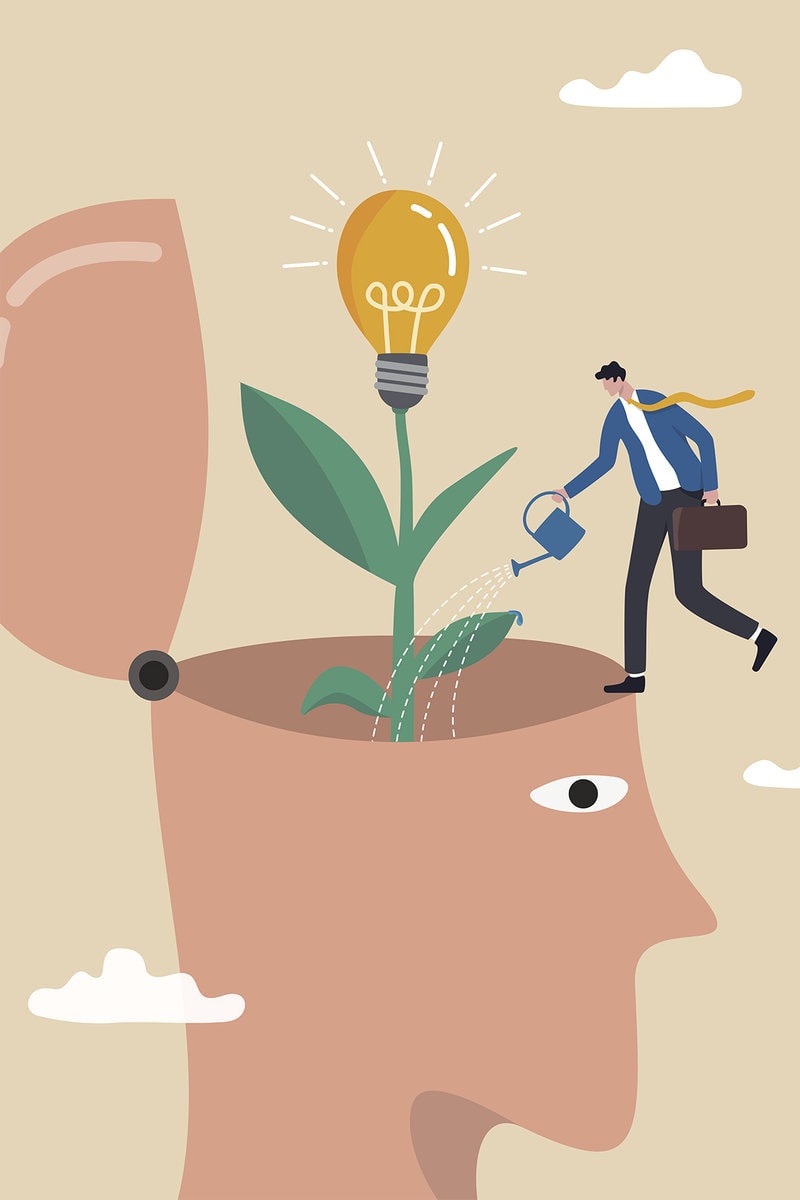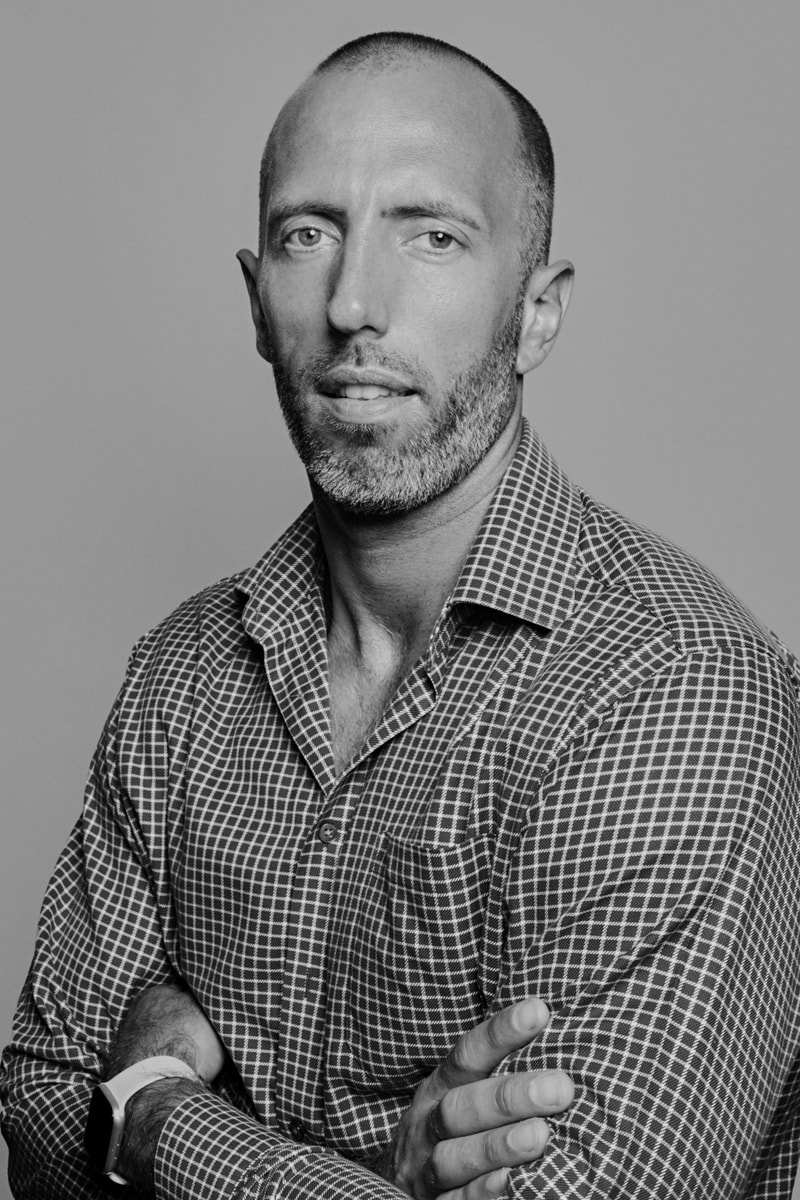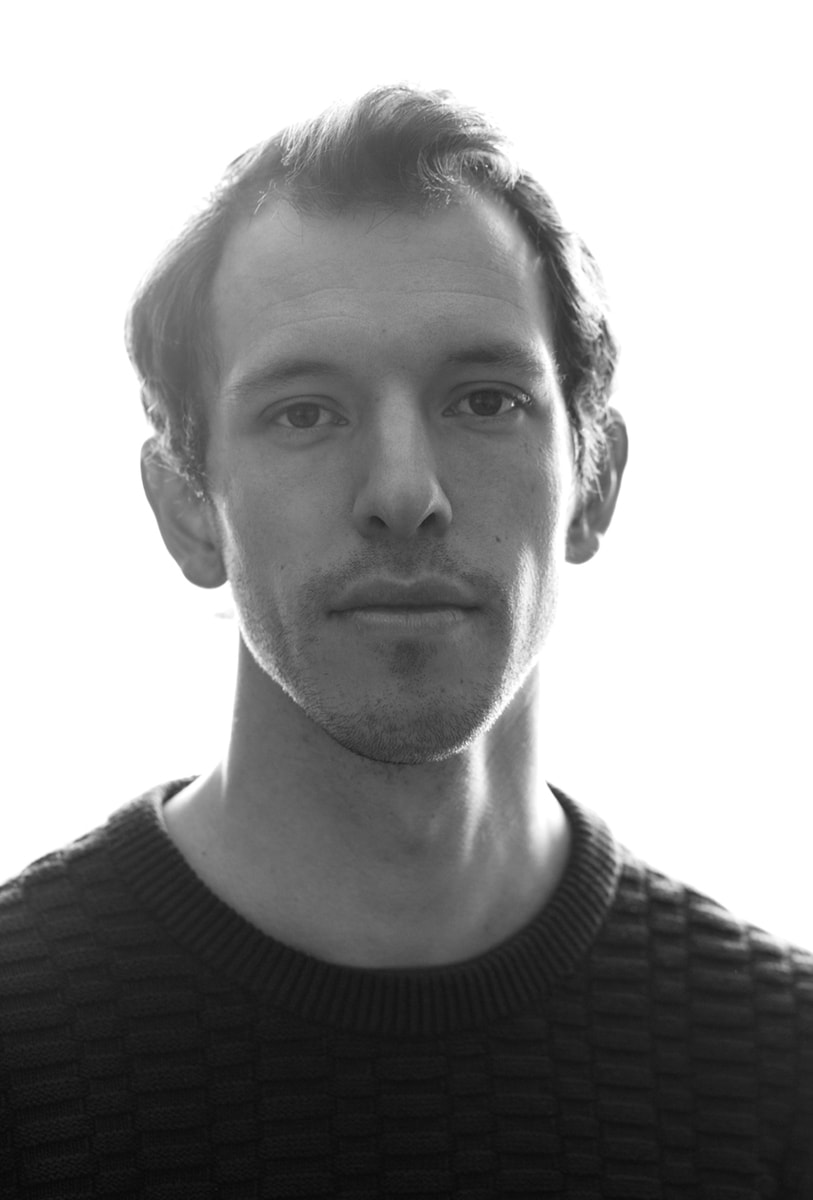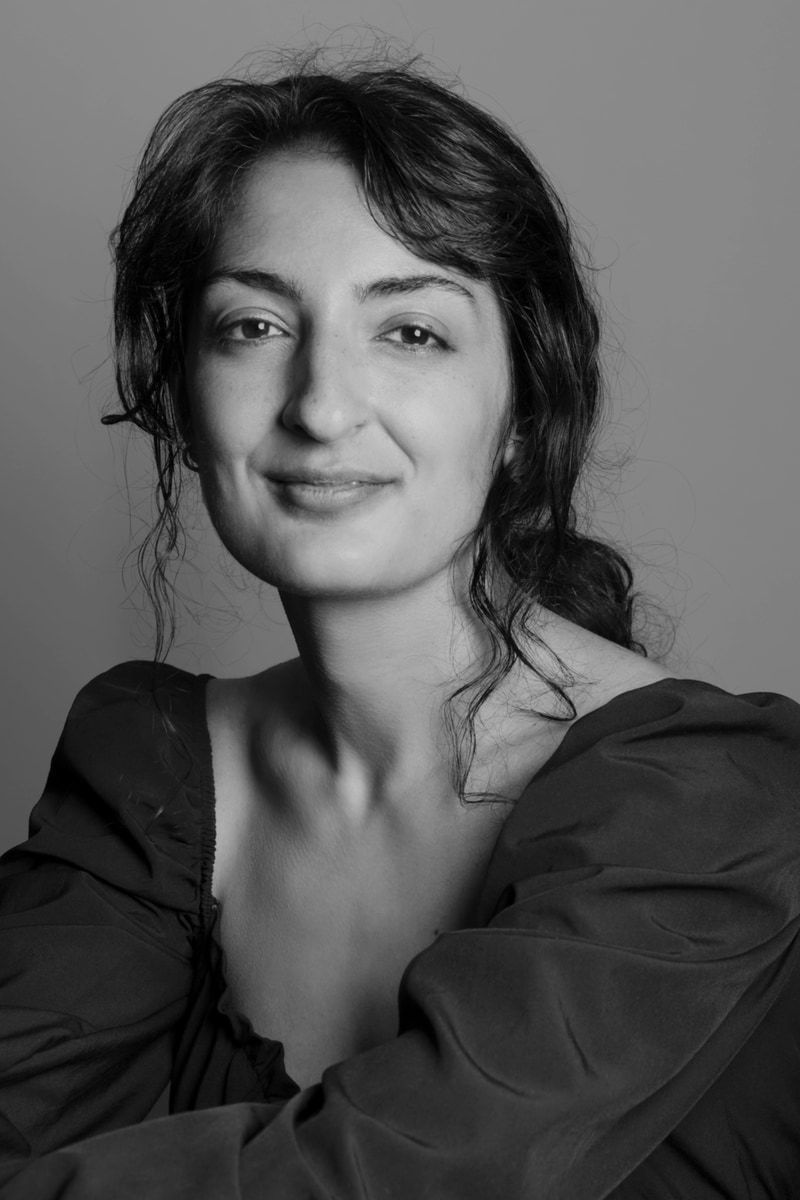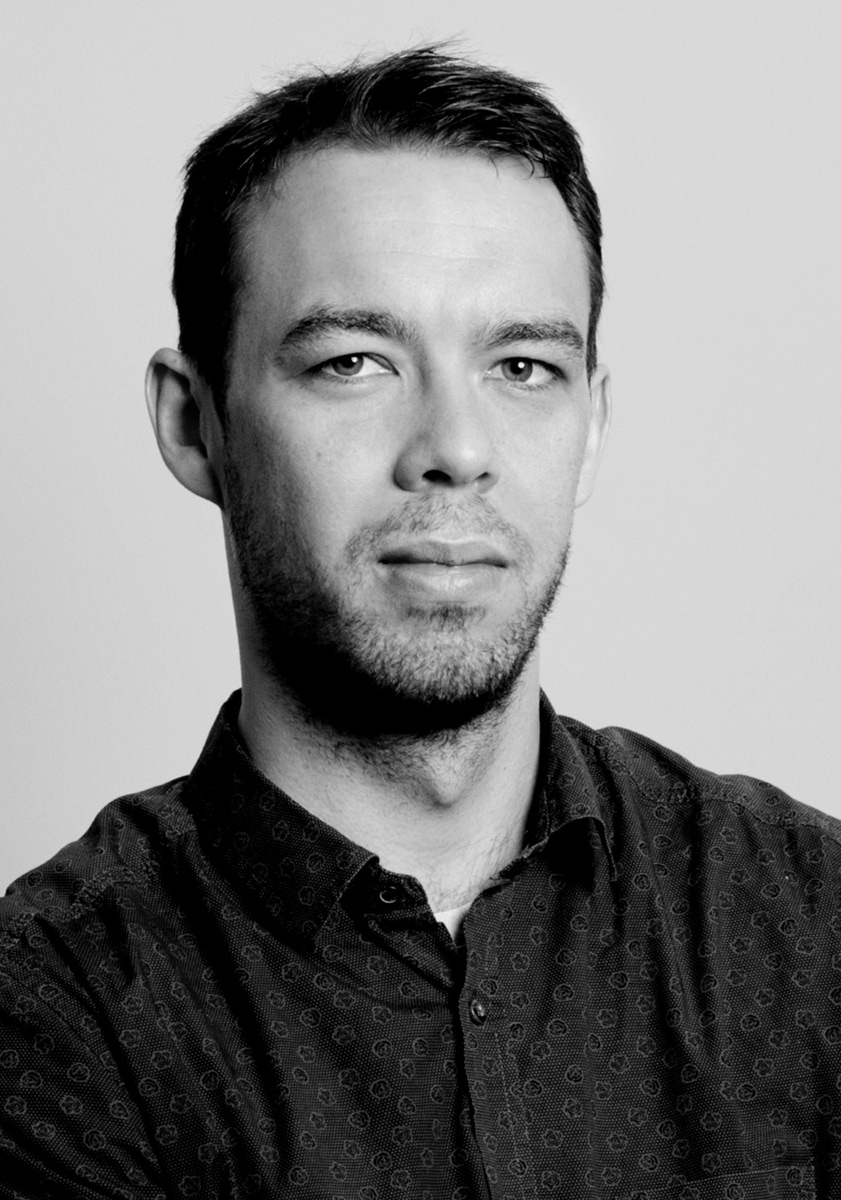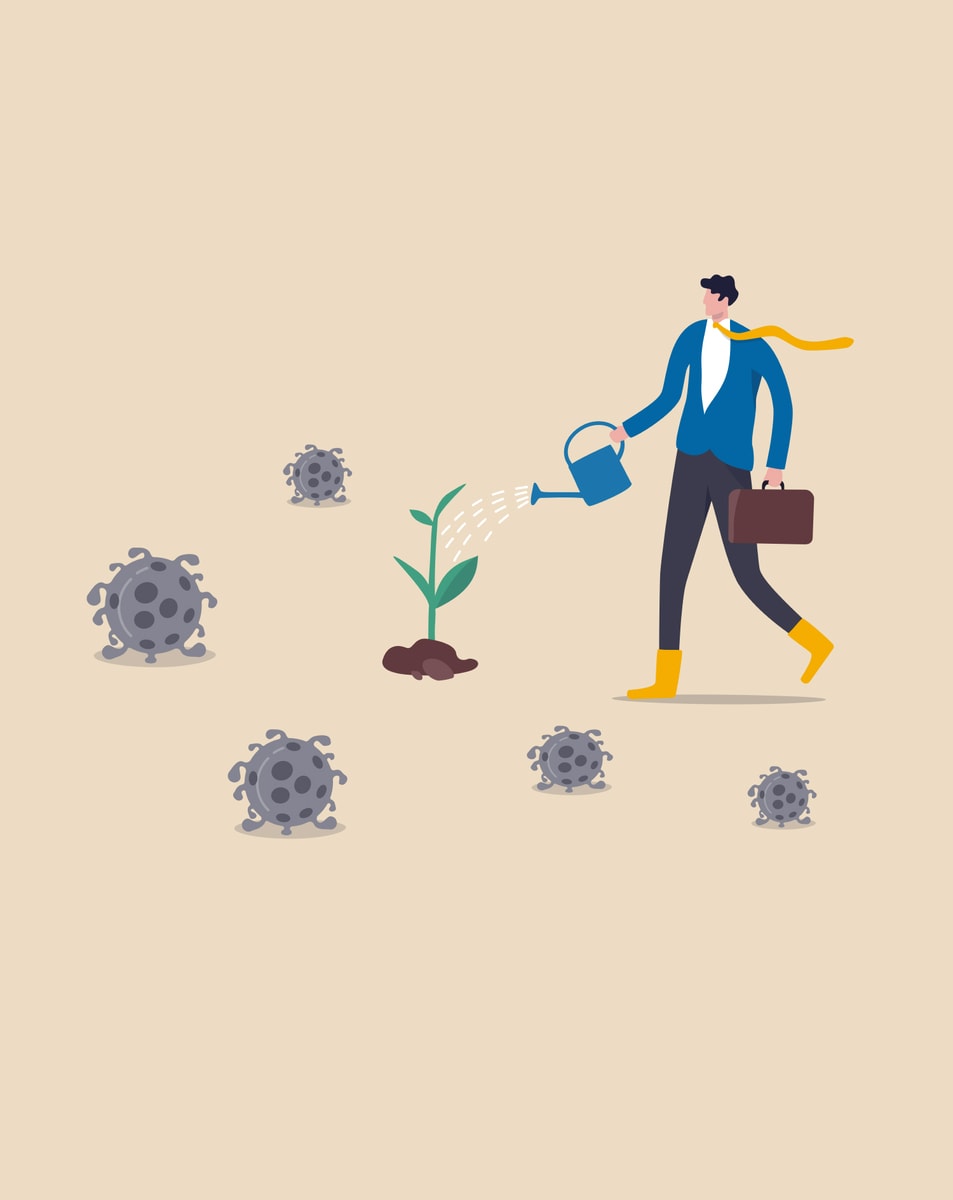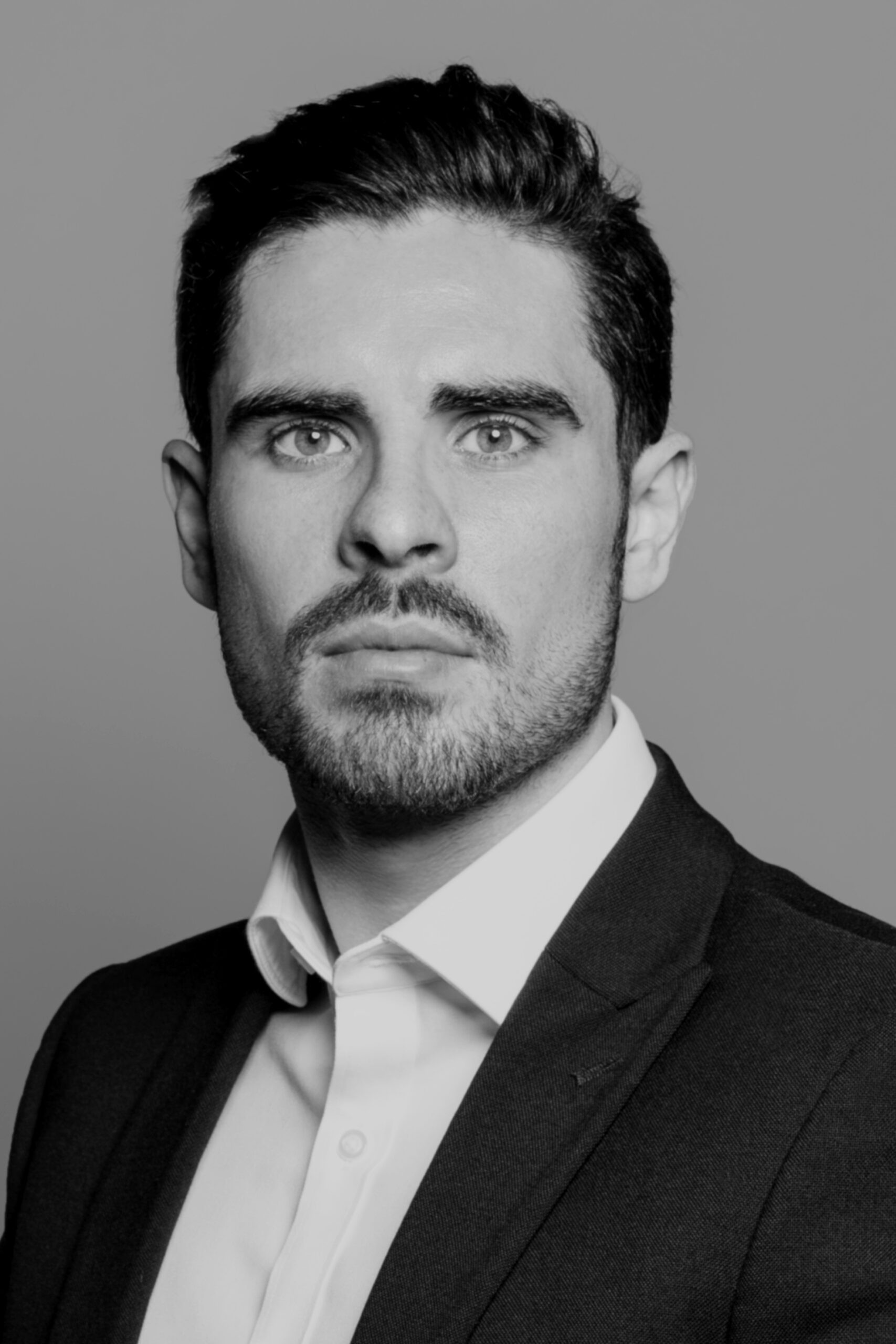What is your profession and role at DSSR?
I’m a Regional Director at DSSR and the Sustainability Lead for the company.
What does that entail?
In terms of being a Regional Director, I lead a multi-disciplinary team based in our Glasgow office; with regards to the sustainability side, I keep abreast of the current energy and sustainability policy, legislation, industry updates and such, applicable to our business, to ensure the company are informed of all the requirements.
As a building services consultancy, we design the elements of a building that make it habitable and ready for use. Broadly speaking, these elements are generally categorised as mechanical, electrical, and public health building services—e.g. heating and ventilation systems, electrical supply, lighting and plumbing.
With the ability to shape how the building services are designed and constructed—using sustainable materials, low-energy technologies, renewable energy—consultancies like DSSR play an important role in sustainable building design. As such, it is vital that DSSR is fully aware of the requirements of Net Zero Carbon targets, decarbonisation, and the sustainability of energy supply.
“
There are a lot of changes happening at the moment, in relation to energy and sustainability policy and regulation, and it is vital that DSSR as a company is kept informed of all of those aspects.
“
The UK Government has made a commitment for the country to be ‘Net-Zero’ by 2050. As the Sustainability Lead for DSSR, I work closely with our clients to advise them on what actions they need to take in order to make their businesses ‘net-zero’ by this milestone. Typically, this involves looking at their portfolios and establishing what specific actions they can take in order to reach those specific targets.
As the designers of building services, DSSR directs its clients on how to achieve these targets through the design process during construction, refurbishment, or as part of a decarbonisation project.
It is an exciting time within building services because people are now really engaging in that process.
Has sustainability lead always been a priority at DSSR? Is sustainability something that DSSR has always championed, and you’ve just watched the world catch up?
There is an element of that. My background is that I’m a mechanical engineer, and in mechanical engineering, we deal a lot with energy use in buildings. Energy has always been an integral part of what we do; reducing the need for energy—and therefore reducing carbon emissions and other emissions from the environment—has always been integral to our job. For over fifty years, DSSR has essentially specialised in low-energy building design, which is why Net Zero requirements naturally fit into the role that we play.
When I first chose to study Environmental Engineering about 25 years ago, it was considered quite a niche thing to focus on low energy building design, renewable energy, wind turbines, and solar thermal energy. Over the past few decades, whenever DSSR had the opportunity to work on the design of low-carbon or energy-efficient projects, I was always been keen to be involved in them because it has always been an area I was interested in.
However, in the last couple of years—particularly since the UN international treaty on climate change (also known as the Paris Agreement)—I am pleased to see that sustainability has now become an area that most of our clients are really engaged with.
Can you tell me a bit about the history of the environmental work at DSSR?
As building services consultants, we design all the elements in a building that make it comfortable and habitable such as lighting, heating, and all the things that make a building both operational and a nice environment to be in. As a company, DSSR has always been an innovator, looking at solutions to reduce the amount of energy, and therefore carbon, that a building uses.
Energy, a valuable resource, has always played a key role in building services: how it is generated, how it is supplied, and how it is consumed. It can require a lot of resources to generate energy, and costs building operators money to use energy, and so DSSR has always looked to design systems with the goal of reducing the amount of energy required.
The result of being more energy efficient is that you require less reliance on fossil fuels and therefore you’re emitting less carbon onto the atmosphere.
“
Everybody thinks being more energy-efficient is a new thing, but DSSR has been designing innovative, energy-efficient projects for over 50 years… Sustainability is something which, as a company, has been integral to our approach for decades.
“
There is an environmental assessment methodology we use called Building Research Establishment’s Environmental Assessment Method (BREEAM) which is a way of assessing how sustainable a building is across its whole life-cycle. DSSR use the BREEAM scheme as part of the design process to help clients deliver on their sustainability or ESG credentials.
Since I joined DSSR, twenty-odd years ago, I have had the opportunity to work on ground-breaking sustainability projects such as the Scottish Natural Heritage headquarters in Inverness—which achieved the highest ever BREEAM certification level for a building at the time. This project was significant to me as it pushed people to reconsider the assumptions people had about sustainable design.
“
People in building services design have always been at the forefront of sustainability, but now other designers are realising that they also have a key role to play.
“
When it comes to innovative building design, you tend to hear ‘that’s not possible’ because it is new or ambitious. DSSR believes in finding new approaches; our Sustainability team is always carrying out research, working out what’s achievable, and finding new ways to improve the efficiency and quality of our designs.
Historically speaking, sustainability has always been related to energy. As a result, sustainability consultancy has always been dismissed as a minor element of building services, and solely a concern for MEP Engineers (Mechanical, Electrical & Public Health). Sustainability is a much bigger subject than that, and what we are seeing now is a much wider integration across other disciplines—with everyone else now rushing to catch up to building services engineers.
“
A long time ago, I also recognised that constructing new buildings has a big impact on our environment… Creating any building requires a consumption of resources, and I felt that there had to be a sustainable way of doing that.
“
You’ve said that you chose to study environmental engineering when you were at university. What was it that interested you about the environment as well as engineering?
Well, I’ve always been interested in buildings. They can make a significant difference in people’s lives, and I have always liked the idea that you’re able to create an environment that people enjoy being in.
It isn’t just about designing a building that looks stylish; great buildings can improve people’s wellbeing, and create pleasant places for them to live, work, and enjoy – that was always something that really interested me.
That has always been a motivation and challenge for me; I feel that, through doing my job well, I can have a positive influence in how sustainability can be a part of the wider discussion.
“
I think everybody can do something, no matter how little, to make the world a wee bit better. I’ve got the benefit that my job allows me to make a significant difference, but I think everyone has the ability to create a better environment through even the smallest of changes.
“
There are plenty of careers out there, but having a job that’s just numbers at the end of the day would be a bit dull for me. When there is an element of creativity in your job, where you produce or affect something, you can look at it and say ‘that’s my work’. It is quite satisfying to work on a project where you help to create an outcome people can enjoy.
I care about the world that we live in, and I think that’s one of the drivers that’s kept pushing me to make peoples’ lives better for now and in the future.
If you could pass on one piece of business advice, what would it be?
It’s really simple, but I think everybody can do something, no matter how little, to make the world a wee bit better. I’ve got the benefit that my job allows me to make a significant difference, but I think everyone has the ability to create a better environment through even the smallest of changes.
It can be as simple as being kinder to people, being more considerate and less selfish. I think we’re all a little bit selfish, but if we could just do a better job of considering other people a little better, the world would be a significantly better place.
I think my advice is just…we can all be a bit cynical at times, especially when we’ve got this climate challenge ahead of us, but if people just did one little thing—if everyone just did one little thing—then the challenge would be exponentially easier.
